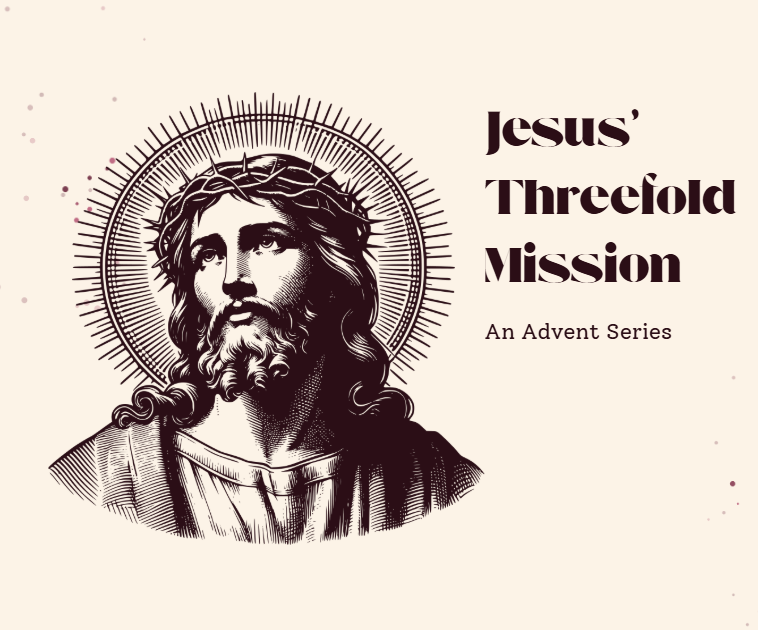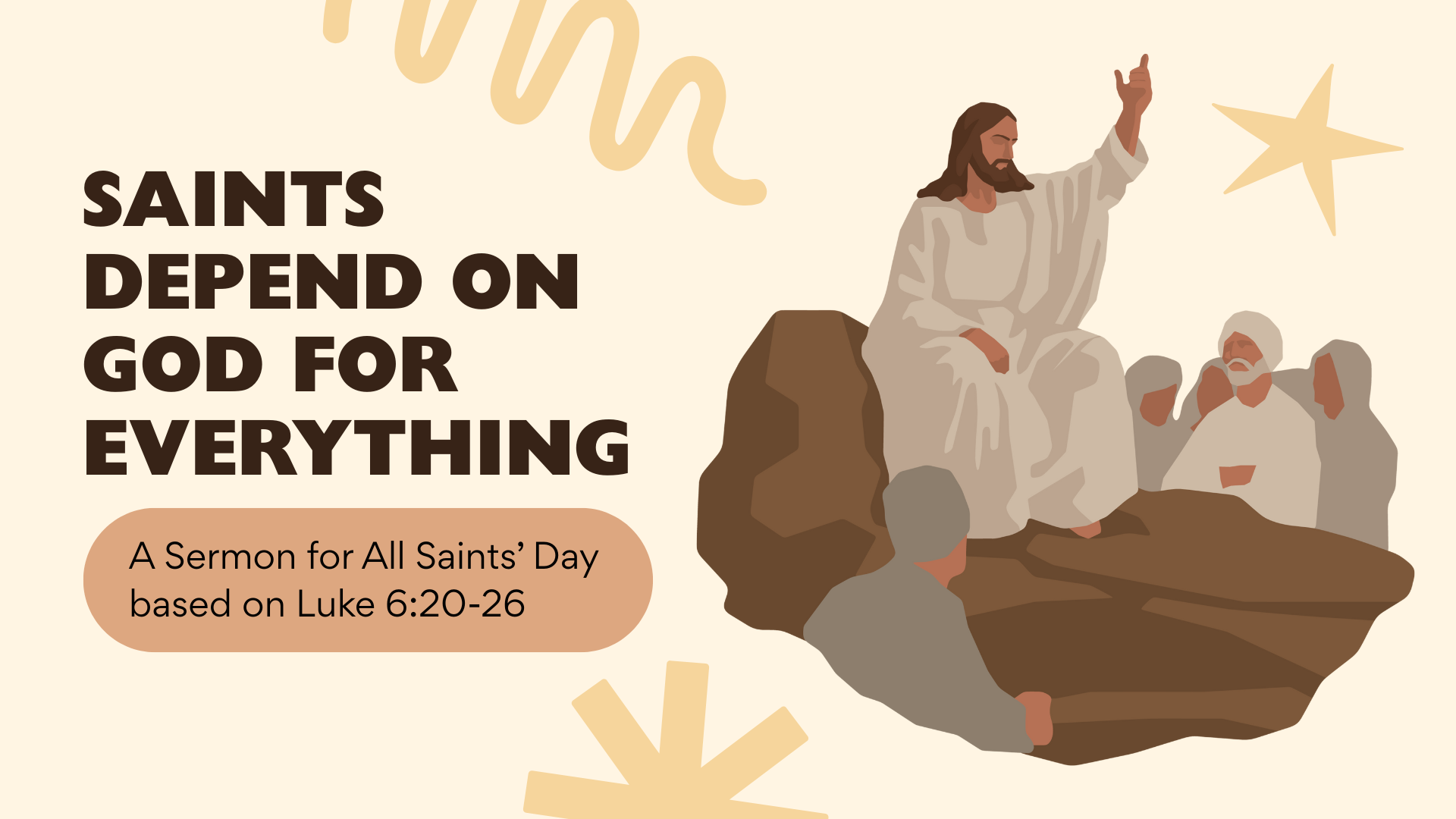Koinōnia (A Discussion of the Doctrine of Fellowship)

What does basketball have in common with relationships? In both, boundaries are crucial. Try to imagine what a game would look like without the players’ knowing what’s in-bounds or out-of-bounds. That same level of chaos and disarray that came to your mind is what happens when someone doesn’t respect the boundaries of the workplace environment, or those of the person with whom they’re out on a first date, or those of someone who just walked into church.
I know I’m not the first to point out the necessity of boundaries. It seems that we have recently entered a new level of collective consciousness of the need for boundary-setting and boundary-respecting. This can only be a good thing, especially when everyone understands what boundaries are for.
I asked the participants in our Sunday morning Bible study to describe healthy boundary setting as they understood it. What unfolded was a masterclass in social skills and social awareness. They told of the loving intentions behind healthy boundaries – that one shows love for another person by respecting their privacy or personal space. They told of the need to pay attention to body language and social cues that indicate that you may be crossing a line in conversation, or about to. Above all, what rose to the top of the feedback I received was the idea of protection. Boundaries are set to protect something good, whether for the one setting them or the ones called to respect them. The most important thing that boundaries protect is the relationship between the boundary-setter and the boundary-respecter. We want to keep that relationship as good, healthy, and reciprocal as possible, and that’s why we set boundaries.
Boundaries are not always interpreted that way, though. Sometimes drawing a line that you wish not to be crossed is seen as an affront. Someone might even say, “You mean I can’t do X? Are you saying that you don’t want to do Y? I thought we were friends!” And no matter how you strain yourself explaining, “We ARE friends! That’s why I’m telling you this!” the hurt feelings don’t seem to go away.
Sometimes, “You can’t talk to me that way,” sounds like aggression when it’s really protection: of the relationship, and of yourself.
If this is a risk we’re willing to run in our various relationships, from our deepest friendships to our freshest acquaintances, then how about at church? What kind of boundary-setting and boundary-respecting is appropriate within the family of God? What about between those within the church and outside of the church?
First, let’s talk about the goal. What are we trying to protect with social and biblical boundary setting? For this I’d like to share a little Greek. The word “Koinōnia” is the Greek word that encapsulates the blessing that comes with gathering with people of common faith. In 1 Corinthians 1:9, Paul uses this word to describe what we have with Jesus our Lord – translated “Fellowship.”* In 1 Corinthians 1:16-17, Paul says that when a church family eats the bread and drinks the wine in communion, we are conducting a Koinōnia in the body and blood of Christ – translated “participation.” In Philippians 2:1-2, Paul says that Christians who join together in the love of Christ have a “common sharing” (Koinōnia) of the Spirit. In Philippians 1:3-5, Paul thanks God for the “partnership” (Koinōnia) fellow believers share in gospel ministry.
After examining these passages, participants were asked to share what other words came to mind when they consider the concept of Koinōnia. Responses included: “Joyful shared participation,” “common sharing,” “family,” “united participation,” “being in common faith,” “a congregation,” “intimate,” “the Body of Christ.” Three words stood out above the rest: “Community,” “Unity,” “Togetherness.”
To summarize, Koinōnia is the word used in the Greek of the New Testament to describe that beautiful joint-partaking in the truth of the gospel enjoyed by brothers and sisters united by faith. Koinōnia is observed in the mutual joy the flows in response to the truth content of the gospel. Koinōnia is expressed in partnership in gospel ministry efforts. Koinōnia is expressed at the communion railing when brothers and sisters of the same faith kneel to receive the sacrament together.
I then asked the participants to tell me when they feel Koinōnia at its best. Each person had a different moment to call out. One participant said that they feel it most strongly when we jointly confess our faith in worship using the Apostles’ or Nicene Creeds. Another said it was when we confess our sins in the service and hear the announcement of our forgiveness in Jesus’ name. Another said receiving the sacrament of the Lord’s Supper together when it feels more pertinent. Another referred to those efforts we undertake together to serve our community, as in our upcoming Easter for Kids event.
Do you notice what all these examples have in common? They are a group participation in the gospel, fueled by gospel joy, and informed by gospel truth. And they are all joyous, blessed events. The blessings of Koinōnia are so great that it is worth Paul commanding us to do everything we can to be united in teaching and belief (1 Corinthians 1:10, Philippians 2:1-5). The blessings of Koinōnia can only come in their fullest form when a church family is first and foremost rooted in the truth of the Bible (Ephesians 4:11-16).
While some church bodies might de-emphasize teaching and doctrine and increase emphasis on community outreach programs and services, the Bible’s perspective is that the two are inseparable. There is no partnership in gospel work without first partnership in the gospel teaching. Or, if you’ll allow me to stick to my Greek vocabulary here, there is no Koinōnia expressed in action without the Koinōnia that comes from observing and believing the same doctrine. The same goes for receiving the sacrament of Communion together, as this is an expression of the Koinōnia we have in the gospel.
When you read the New Testament, it can be easy to become lost in the warnings against those who teach or believe false doctrines (see Romans 16:17, Titus 1:5-11, 1 Timothy 1:3-5, and 2 Timothy 4:1-5). If those passages were taken in isolation, one could start to think that we’re supposed to hate people who believe differently than we do. One could even suppose that we’re called upon to judge hearts! – that if we deny someone the chance to commune with us, we’re denying them their dignity, or if we deny the chance to participate in joint study or prayer with people of other denominations or faiths, that we’re being mean, stand-offish, stuck-up, and judgmental.
Does that sound at all similar to when someone offers you a beer two or three times, but you politely decline each time? Does it perhaps sound similar to how someone responds when you tell them you don’t want to talk about politics? Or when you deny your date a kiss because you’d rather get to know them better before showing physical affection? As we’ve discussed, some respect such boundaries. Others take them personally. If they do, that doesn’t mean you weren’t loving in your boundary-setting.
It's the same with Koinōnia. What we have in the gospel is so good (Psalm 133). When there is no unity of doctrine, Koinōnia cannot thrive (Romans 16:17). We must maintain that while we cannot judge hearts (1 Samuel 16:7), while faith is an inner, invisible phenomenon (John 3:8), and therefore we are not to condemn those who profess faith in Christ but may still cling to false doctrines. However, faith always expresses itself in some way, through words or action (Romans 10:10, Matthew 12:34-35). Anyone who believes in Jesus as their Savior is going to heaven (Romans 10:12-13). God knows those that are his (2 Timothy 2:19).
But we are called upon to react to the confessions of faith we hear from others (2 Thessalonians 3:6), and to avoid giving even the appearance of unity in doctrine where there isn’t any (Romans 16:17). If we can help correct false doctrine and belief, of course we want to do that (2 Timothy 4:2, James 5:20). We want to participate in the gospel and in reacting to its content with acts of service and love, as much as possible, and with as many as possible! But the first step to Koinōnia in practice is always Koinōnia in doctrine.
This is by no means an exhaustive treatment of the topic of fellowship, nor of the concrete practices that result from these thoughts. It is our church’s mission to establish Koinōnia by digging into the Law and Gospel message of the Bible together as a family, and seek to put it into practice. But doing so is not always clear-cut! We would love it if Trinity could be your safe place to explore what God says about you and how God would guide you to live in response to that beautiful news. In other words, we would love to have Koinōnia with you!
For more about this, join us any Sunday for Bible class at 9am or worship at 10:15am!
Pastor Mike Cherney
*The translations referenced above are taken from the NIV(2011).







